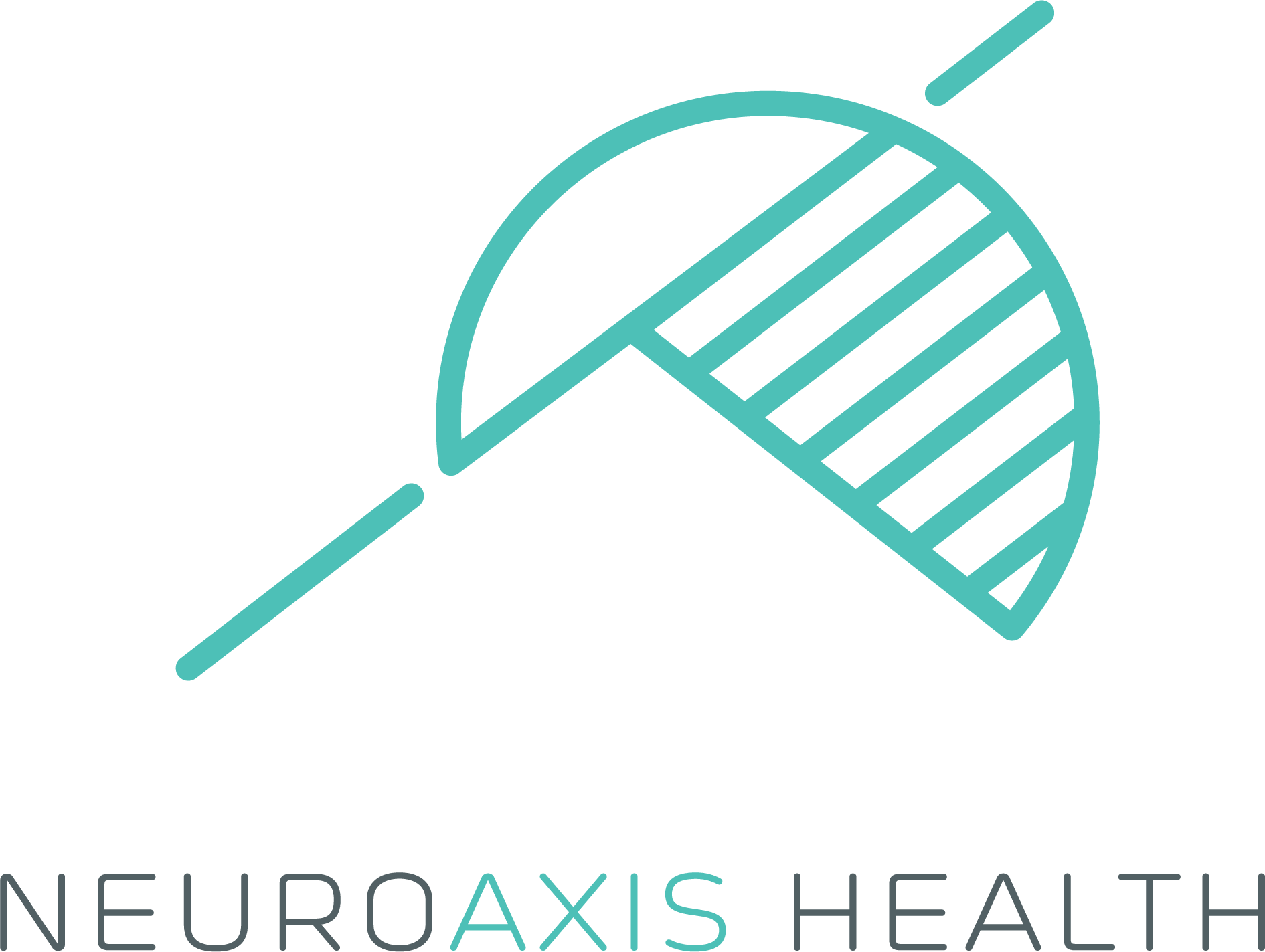What is the difference between a chiropractic and medical neurologist ?
Chiropractic neurologists are trained in the diagnosis and management of neurological conditions with an emphasis on neurological rehabilitation. As chiropractors, we prefer to use natural and conservative methods to support the body’s ability to heal, and treatment strategies that can restore and optimize function in health and disease. If patients require specific medications or surgical interventions, we refer them to the appropriate medical specialist to provide this portion of care.
Since the majority of neurological conditions are not surgical problems, this leaves many patients with the challenge of finding therapeutic strategies that can help improve their physical, emotional-behavioral and cognitive functions. Although medications can be helpful, the side effects may not be worth their potential benefits. In addition, the problem with most drugs used to suppress or enhance activity in the brain is that they have very poor ability to target specific receptors within localized regions of the brain and thus exhibit their effects upon the neurochemistry in both hemispheres globally. The chemistry in the brain is very complex, and very little is truly understood about the wide range of effects that drugs have upon it. Drugs are necessary at times and can be life saving in many situations. However, what happens too frequently is that drugs are prescribed to manage symptoms rather than to treat the underlying cause of the disease and without a functional understanding of what is actually happening in a person’s brain. Most importantly, drugs cannot restore normal communication between neural networks. This can only be achieved by activating the brain in a way that it was designed to engage the environment or by having the patient perform specific physical, sensory, or cognitive tasks. Thus, the best treatment must be tailored to an individual’s brain.
Chiropractic neurology is an evidence-based model of care which utilizes diagnostic and treatment approaches that can measure and improve the function of the brain and nervous system in health and disease. This is achieved by performing a thorough neurological examination as well as diagnostic tests that can measure the function of neurological systems independently and as an integrated whole—tests such as computerized posturography, gait analysis, videonsytagmography and saccadometry.
With this information we are able to identify an individual’s strengths and weakness throughout his or her nervous system and to customize a rehabilitation plan that can improve function. Our unique treatment strategies are able to target and restore functional connectivity with great specificity within the brain and nervous system—offering hope for many suffering with complex neurological conditions. This approach differs from functional brain imaging or cognitive exercise by its ability to test and measure the performance of sensory-motor and cortical function in direct response to environmental stimuli.
Dr. Chung is a board-certified chiropractic neurologist and fellow of the American College of Functional Neurology. He is an expert in physical and neurological rehabilitation and has helped numerous patients recover from sport and spine injuries, migraines, dizziness, vertigo, concussion and complex conditions. Follow Dr. Chung on Twitter and join him on Google+
